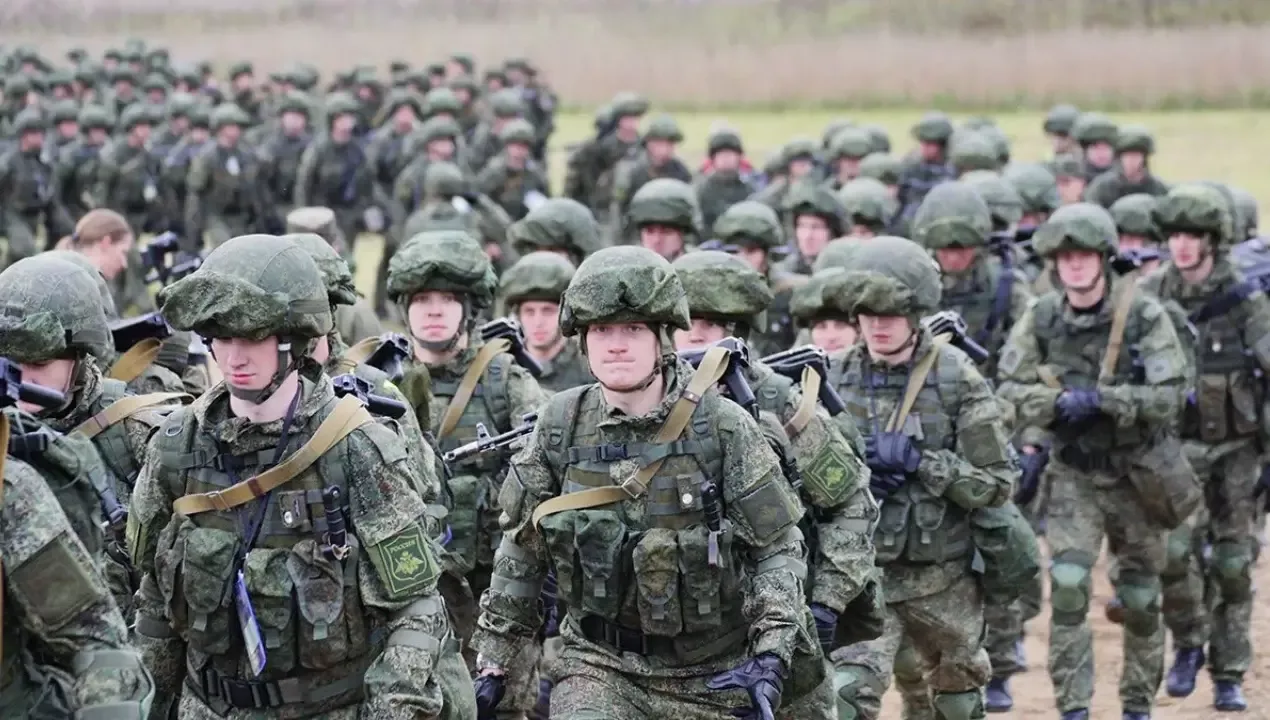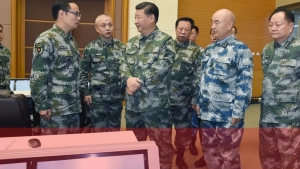Russian army creates a unit for sick soldiers

The Russian army command plans to form separate units consisting of soldiers infected amid the hepatitis and HIV epidemic. This was reported by Zamin.uz.
Within this initiative, such fighters may operate as a special group on the battlefield. They are mainly expected to participate in attacks on Ukrainian positions.
This information was shared by Z-activist Anastasiya Kashevarova on her Telegram channel, who also opened the topic for public discussion. Kashevarova emphasized that to distinguish infected soldiers from others, they might be given distinctive armbands to wear.
These units are tasked with capturing and holding the front defense line. Organizationally, this approach is inspired by the Umbrella service of the Wagner PMC corps, where infected fighters gradually perform frontline duties.
This mechanism aims to ensure speed and discipline. Additionally, the issue of spreading social diseases on the front is also significant.
According to Kashevarova, some individuals infected with hepatitis, HIV, and tuberculosis are being recruited for military service under contract. Some others try to hide their illness by purchasing certificates from doctors to sign contracts.
Legislation does not explicitly prohibit soldiers with such diseases; only those assessed as category “D” in terms of fitness for military service are exempted. Therefore, medical conclusions are a decisive factor.
Public opinion on this initiative is divided into two opposing views. One side considers this measure necessary to maintain combat capability, while the other raises concerns from the perspectives of healthcare, ethics, and safety standards.
In particular, the risk of disease spread on the battlefield, the safety of other soldiers, confidentiality of medical information, and human dignity are pressing issues. Furthermore, the practice of wearing distinctive armbands may affect human dignity and lead to stigmatization, which is also under discussion.
Although special markings may facilitate discipline, they could increase frontline risks and make the group a target. So far, this information has not been confirmed by official sources, and details about the exact rules, medical supervision protocols, safety measures, and legal grounds have not been publicly disclosed.
Therefore, before drawing conclusions on the topic, official statements and verified documents should be awaited. In summary, the initiative to form separate units within the army amid the hepatitis and HIV epidemic has attracted wide attention.
However, until clear regulations, medical standards, and additional guarantees are provided, it will be difficult to objectively assess all aspects of the issue. Once official explanations appear, clear answers to the public’s existing questions will also be given.







